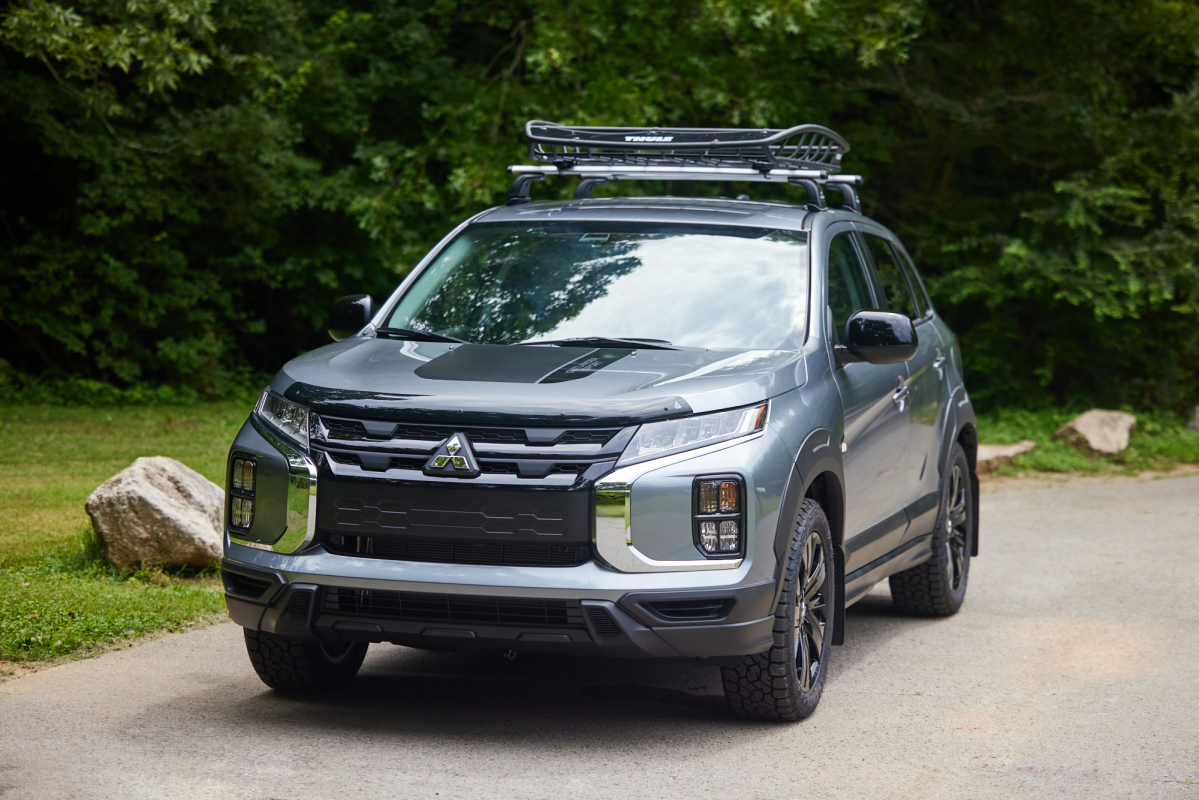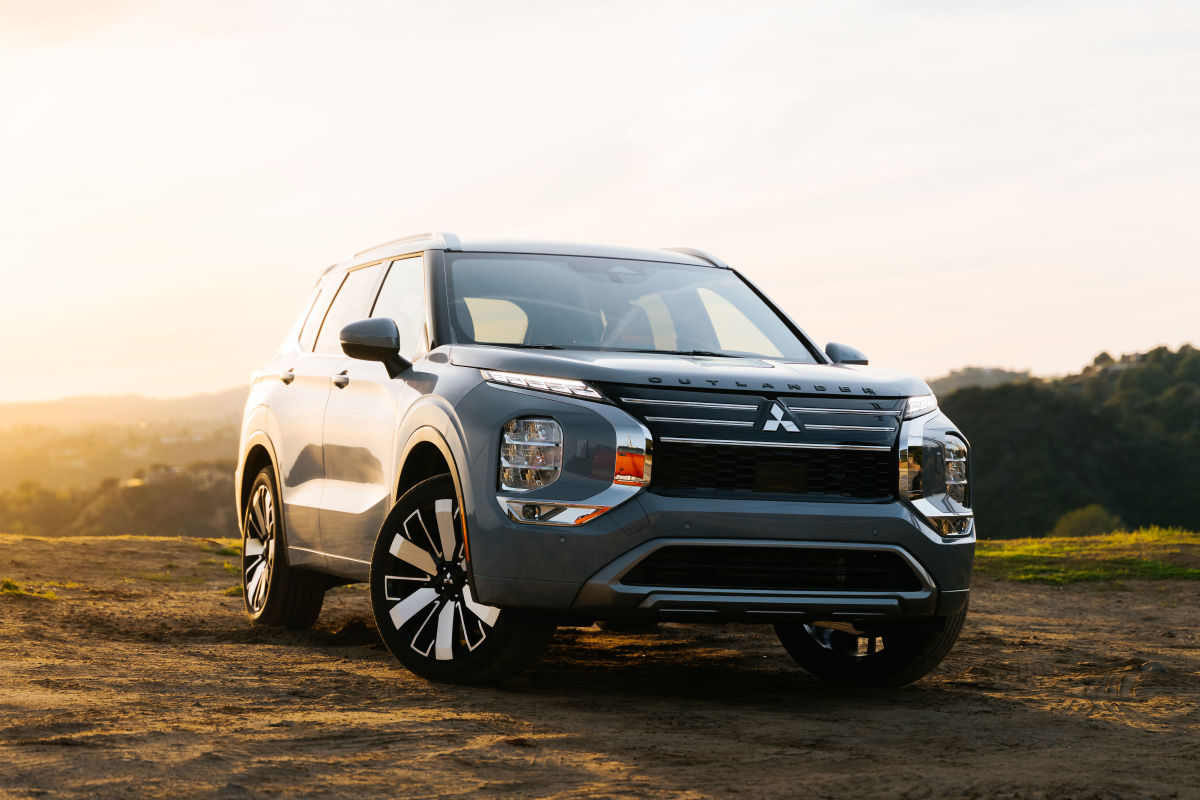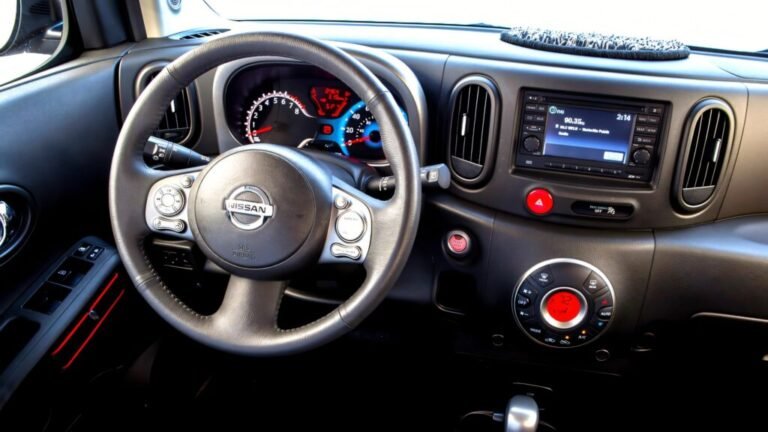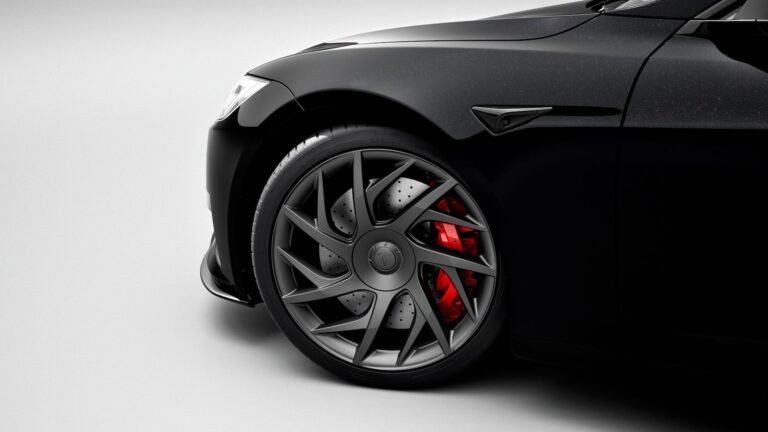Tariffs take another victim
According to a new report by Reuters, Mitsubishi is the latest to join a growing list of automakers that are passing on the economic burden of tariffs and their effects on the supply chain directly onto the buyers of Outlanders, Outlander Sports, and its other vehicles. The newswire reports that as of June 18, prices for Mitsubishi vehicles sold in the U.S. will increase by an average of 2.1%, a move that the automaker itself claims is due to a combination of market factors and ongoing internal pricing evaluations.

Mitsubishi
In its statement, Mitsubishi said the pricing adjustment was “a direct result of our regular and ongoing review of pricing to ensure we are aligned with segment expectations.” However, they also emphasized that the tariffs imposed by the Trump administration were a significant factor, as increased import levies are making the cost of importing vehicles into the U.S. more expensive, leaving automakers with few options other than to raise sticker prices.
However, Mitsubishi reassured consumers and concerned dealers that the price increase would not affect vehicles already on showroom floors or on dealer lots. It clarified that the price bump will apply to new cars shipped to dealers following June 18.
Mitsubishi is especially affected by tariffs
Mitsubishi’s price increase comes on the heels of a temporary pause in deliveries triggered by Trump’s tariff policy. In April, a Mitsubishi spokesperson said that the automaker was holding its vehicles at the port before any levies could be applied, as it awaited more color and clarity on the tariff situation.
“We are holding vehicles at the port until we have additional visibility on tariffs and decisions made on next steps,” the spokesperson told AutoNews on April 11. “We have sufficient stock on the ground at dealers for the moment to not impact customer choice.”
Compared to its Japanese automotive compatriots like Honda, Toyota, Subaru, and Nissan, Mitsubishi is in a precarious position. While its contemporaries produce U.S.-market cars in several states in the Midwest and American South, Mitsubishi imports every single Outlander, Mirage, Outlander Sport crossover, and Eclipse Cross it sells in the United States from Japan, prime candidates for 25% tariffs when they land at the port.

Despite the tariff stress, Mitsubishi seems to be doing well in the United States. In Q1 2025, year-over-year sales increased by 11%. Last year, the company sold 110,000 vehicles, a 26% year-over-year increase and the best U.S. sales year for Mitsubishi since 2019. Mitsubishi credits this growth to its refreshed product lineup and the strong performance of the Outlander and Outlander Sport models in a competitive compact SUV market.
However, the auto industry is showing coping mechanisms as tariffs reshape the cost of business. Last month, Subaru of America raised prices on multiple models by up to $2,055, citing “current market conditions.” Weeks earlier, Ford became one of the first major automakers to respond to the new tariffs directly, increasing prices on three Mexican-made models by as much as $2,000. Additionally, Volvo’s new order guide for 2026 shows several price increases, with some as high as $3,200.
Final thoughts
It seems that the tariff fiasco will not go away very soon. Last week, President Trump warned that he may raise the 25% auto tariffs, arguing that it could be an incentive for automakers to accelerate U.S. investments. “I might go up with that tariff in the not-too-distant future,” Trump said on June 12. “The higher you go, the more likely it is they build a plant here.”
The tariff troubles are showing results in economic activity. According to Nikkei Asia, new data shows that Japan’s total exports by value to the U.S. fell by 11% year-over-year, and the number of cars exported from Japan to the U.S. fell by 3.9%.
To make matters worse, Japanese Prime Minister Shigeru Ishiba and Trump were unable to strike a tariff deal at a meeting on the sidelines of the G7 summit this week, as they couldn’t agree on tariffs on Japanese automobiles, something the U.S. considers to be a main cause of its trade deficit with Japan.

